Preschool students + science experiments = ???

Guess what, preschool teachers?
IT DOESN'T HAVE TO BE THAT WAY!

That's right! Science experiments with curious preschoolers can be educational, engaging, and fun!
Did you know?
Preschool Experiments Don't Have to be Rocket Science!
Tips for working experiments into your preschool classroom every day:
 Question — Elicit and value questions and discussions.
Question — Elicit and value questions and discussions.
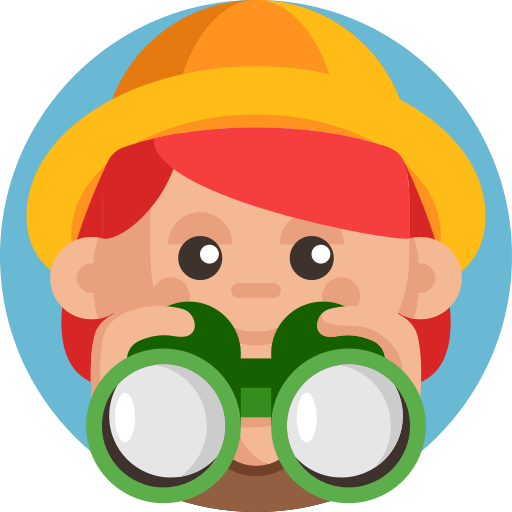 Explore — Give plenty of time and space for exploration.
Explore — Give plenty of time and space for exploration.
 Record — Encourage children to record findings (thumbs up/down, smiling/frowning faces, stamps)
Record — Encourage children to record findings (thumbs up/down, smiling/frowning faces, stamps)
 Read — Fill classroom shelves with STEM books for kids and use simple scientific vocabulary in conversations. .
Read — Fill classroom shelves with STEM books for kids and use simple scientific vocabulary in conversations. .
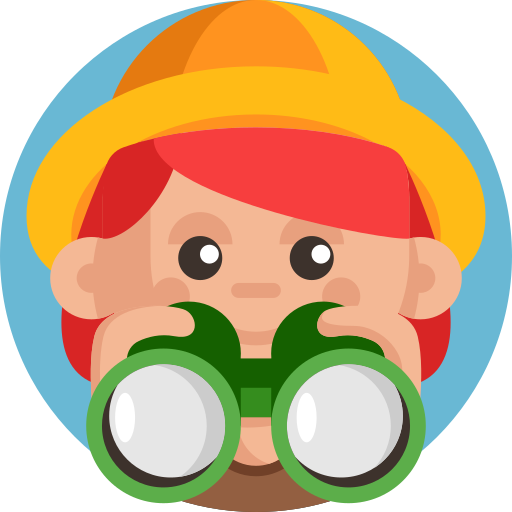 Using materials like water tables are great ways to encourage children to explore science concepts.
Using materials like water tables are great ways to encourage children to explore science concepts.
Here are some ways to support a deeper understanding of science using the water table example from the video above:
 Make a variety of fiction and non-fiction books about water available for children to read and use those books during read-aloud time.
Make a variety of fiction and non-fiction books about water available for children to read and use those books during read-aloud time.
A Drop of Water: A Book of Science and Wonder by Walter Wick
All the Water in the World by Ella Lyon and Katherine Tillotson
 Provide ways for children to record what they see and do.
Provide ways for children to record what they see and do.
Circle the pictures of objects that float in water, draw an X on those that don't.
Fill in the square with the color that is made when red and yellow food coloring are added to a cup of water.
 Encourage children to talk about science by asking questions that help make connections.
Encourage children to talk about science by asking questions that help make connections.
Why do you think this container fills faster than this one?
What do you think will happen if we pour more water into this cup?
Quiz
Josiah and Lucy are playing in the sand and water table at preschool when they tell their teacher that water runs through the funnel faster than the sand. Which of the responses from the teacher would encourage science topic comprehension?
Did you know?
Everyday Preschool Science
The best part about science experiments for preschoolers is that children this age are natural explorers and discoverers!
The simplest concepts are new and exciting for little ones and can be part of your everyday routine.
Make materials and tools freely available and encourage ways to record data (checkmarks, smiling/frowning faces, stamps).
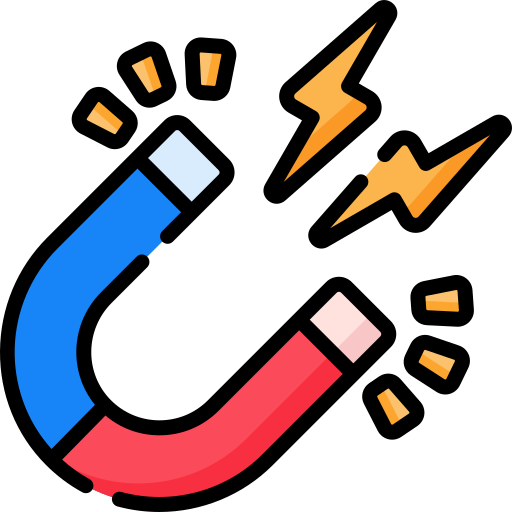 Magnets — Students can walk around the room, testing whether objects are magnetic or not.
Magnets — Students can walk around the room, testing whether objects are magnetic or not.
 Balances — Have a variety of objects out for children to experiment with.
Balances — Have a variety of objects out for children to experiment with.
 Water & Sand Table — Use senses to discover what happens with different additions: water, sand, water beads, dried beans, rice, shaving cream, and soil.
Water & Sand Table — Use senses to discover what happens with different additions: water, sand, water beads, dried beans, rice, shaving cream, and soil.
 Colors — Mix paints, markers, or oil pastels and see what new colors are made.
Colors — Mix paints, markers, or oil pastels and see what new colors are made.
 Blocks — Learn about ramps, gravity, tunnels, and balance while creating cool structures.
Blocks — Learn about ramps, gravity, tunnels, and balance while creating cool structures.
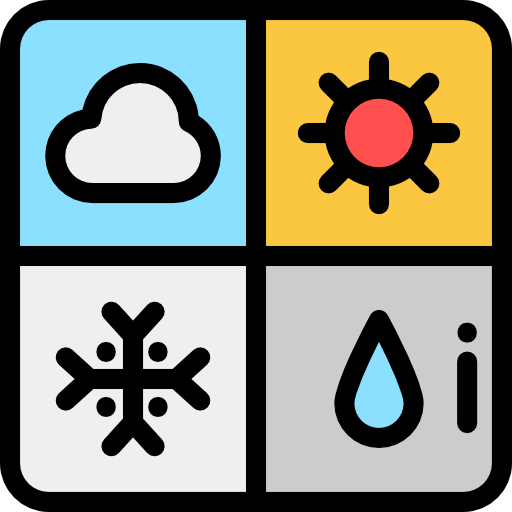 Weather — Take a look outside the classroom window. Draw pictures of what you see, dress up a stuffed animal for the weather, compare and contrast yesterday's temperature with today's...
Weather — Take a look outside the classroom window. Draw pictures of what you see, dress up a stuffed animal for the weather, compare and contrast yesterday's temperature with today's...
Quiz
Which of the following elements would support a unit on weather in a preschool classroom?
Fun Experiments to Keep Your "Ion"
So many experiments, so little time! Here are a few to get you started:
Lemon Volcanoes
A colorful, erupting lemon?? What else could a preschooler want?
With a few ingredients (lemons, food coloring, dish soap, baking soda), you and your students can erupt into hands-on learning fun about chemical reactions and color mixing.
Melting Ice — How to Make Ice Sculptures
A totally cool way for kids to learn about freezing point depression and erosion.
You'll need: ice blocks, spray bottles, warm water, colored salt, food coloring, saltshakers, and a large tub (a sensory table works great!)
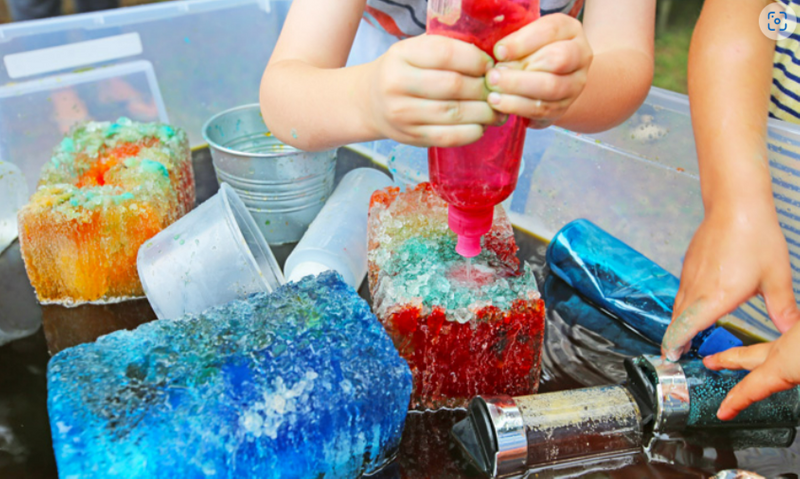
Sunscreen Painting
Shed some light on ultraviolet waves and chemical bonds with this experiment.
Collect black construction paper, sunscreen, and a paintbrush and you're ready to go!
Arctic Animals
This cool experiment helps curious preschoolers learn about climate, animal adaptations, animal species, and geography.
What you'll need: a spoon, shortening, plastic bags, ice water or ice cubes.
Subscribe for more quick bites of learning delivered to your inbox.
Unsubscribe anytime. No spam. 🙂
Take Action
Are you ready to start adding more experiments to your preschool class?

Get the ball rolling with these tips:
Your feedback matters to us.
This Byte helped me better understand the topic.
